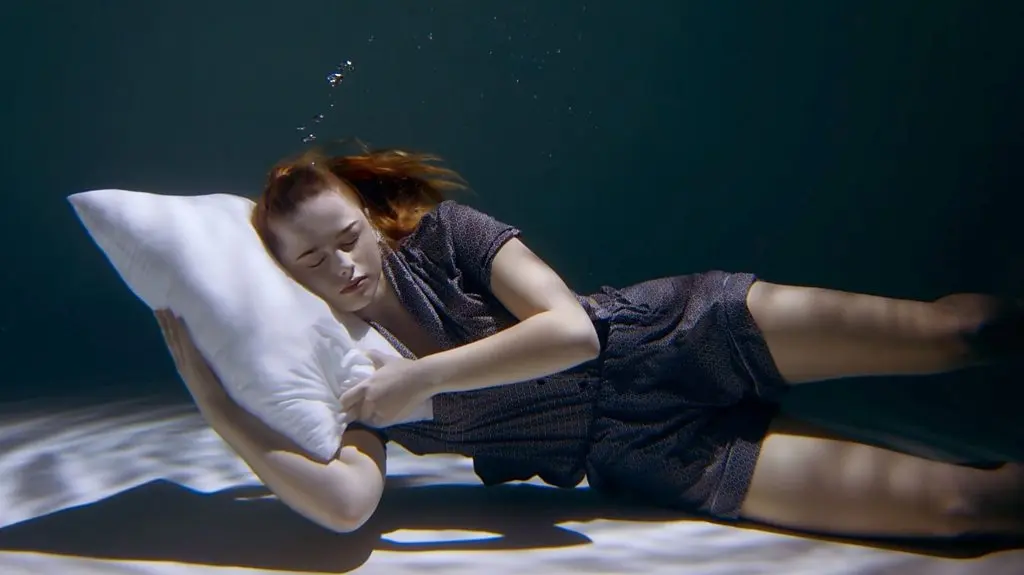It is commonly believed that human beings need eight hours sleep per night to function and perform well.
However, scientific findings have revealed that some people are genetically predisposed to thrive on much less sleep. They are known as ‘elite sleepers’ or ‘natural short sleepers’, and studies have shown they are more likely to be healthier and more resilient than the average person.
They may be the key to unlocking sleep efficiency for all of us, and help prevent brain diseases, such as Alzheimer’s.



Nah I am well aware of how much caffeine I take in, as illustrated by me keeping pretty precise count down to the miligram for the most part.
I have zero trouble going to sleep or staying asleep even immediately after caffeine ingestion, in fact I have the least trouble going to sleep on stimulants as I can simply will myself asleep if need be, but I also don’t have any trouble sleeping in general.
I have very rarely experienced insomnia of any kind in my life, mostly around big events like overseas travel, exams, promising job interviews, etc etc. usually I’m out like a light and I wake up pretty easily unless there’s something in the day I don’t look forward to, haha!
Don’t have any health problems, rarely feel tired, don’t consume baked goods, snacks, alcohol or any non previously mentioned drugs, screen time is 24/7 but rarely on social media and I don’t know where my phone is most of the time.
If Fitbit is to be believed I have better than normal sleep both in quantity, quality and ratio of sleep spent as deep sleep.
It’s just how it is, some people feel better with more sleep, others worse, it’s hormones, genes, environment etc etc.
Some people have a need to stay within a certain rhythm whereas if adulting commitments are set aside like on PTO, my sleep schedule naturally drifts by approx. two hours ahead every night, apparently known as a “free-running sleep schedule”.
Just the normal to me, like, I’m a person not a freakin’ alarm clock!
Blue light makes me sleepier before bed time, and night mode more awake, probably because lack of stimulation makes me less sleepy and more restless, likely as part of ADHD.
I’ve learned to take pop-sci with a grain of salt, so much of it is generalisations so wide and so immediately observably untrue that it’s kinda useless. Not that I don’t appreciate the advice! Maybe someone will like it!